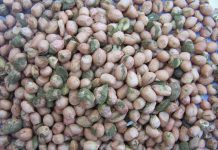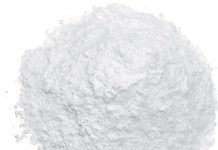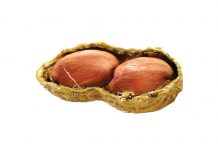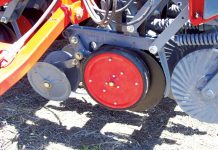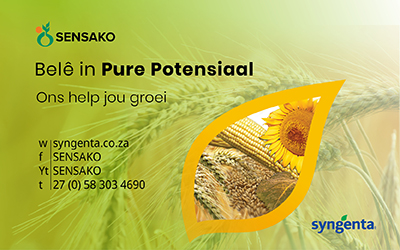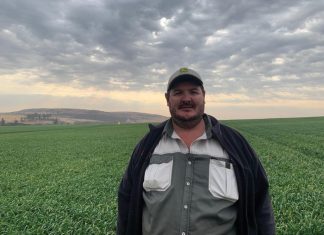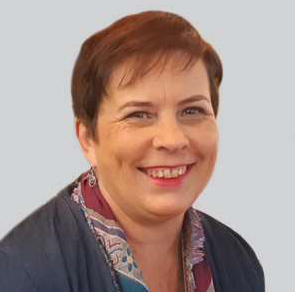
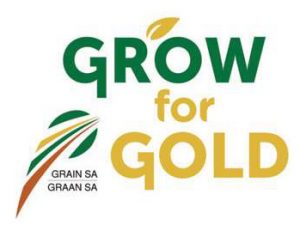 With a competition record of 5,12 t/ha, Clinton Frey from Winterton was crowned the winner in the category for soybeans in KwaZulu-Natal in the 2020 Grain SA Grow for Gold National Yield Competition with the Pioneer variety P 64T39R.
With a competition record of 5,12 t/ha, Clinton Frey from Winterton was crowned the winner in the category for soybeans in KwaZulu-Natal in the 2020 Grain SA Grow for Gold National Yield Competition with the Pioneer variety P 64T39R.
Clinton obtained 8 kg grain/mm rain and his variable cost of planting this particular variety of soybean and field was R2 539. The cost included inputs such as seed, chemicals, fertiliser, fuel and labour.
In this first Grain SA Grow for Gold National Yield Competition, 46 producers across 16 categories were celebrated for their outstanding yields achieved with maize, soybean and sunflower crops across South Africa. The producers competed in various categories on dry and irrigated land.
Following an extensive consultation process with all seed companies, a standard protocol was established during 2019 to assess all participating producers on the same level and with the same criteria.
Grain SA wishes to use this competition as a vehicle for successful producers to share their practices and also to offer all producers the opportunity for continuous learning and improvement.
On the Doveton and Habanerra farms, the Frey family farms with maize, soybeans and popcorn in summer, and wheat and peas in winter under irrigation. They also have pecan nut trees.
Clinton follows precision farming practices. Soil samples are taken every second year on the fields under irrigation and every third year on the dryland fields. All soil corrections are done in accordance with the results obtained from the soil analysis and the fertiliser and lime are applied at variable rates across the fields according to these results. Leaf samples are taken throughout the season and if needed, additional fertiliser or foliar feeds will be applied.
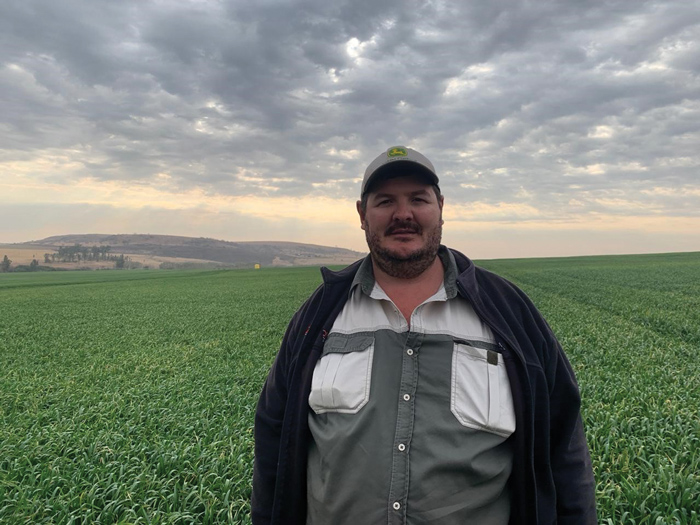
Harvest data are also used in addition to the soil and leaf analyses to determine seeding rates. ‘From the next planting season in 2021, we will also be able to plant variable seed ratings. On our better soils and in the higher potential areas in a field we will be able to plant higher densities and adapt our planting to lower densities on certain lower potential areas. I believe we will be much more efficient,’ Clinton says.
The maize and soybeans are cultivated in a Roundup Ready system for weed control. On the fields where they use a no-till system, Clinton will do a burn-down before planting. Thereafter, they will follow up with a pre-emergence application and later in the season, a post-emergence spray together with fungicides and foliar feeds. On the fields that are cultivated, they will follow a pre-emergence and post-emergence weed management programme. Various herbicides with different modes of action are used as part of a weed resistance management programme.
Clinton plants maize trials for Pioneer and believes there are substantial benefits in planting company trials. ‘I am able to test new hybrids that are still in the pipeline according to my practices, so I can determine what will work on my farm. It helps with making informed decisions regarding hybrid selection.’
He feels that you cannot go into a new season without proper and detailed planning. ‘Apart from planning before each season, one has to look at the conditions of your soil as well as weather predictions before making the final decisions. My staff are also a crucial component of my operation. I need them – without them I will not be able to get everything done.’
According to Clinton it is important to do your homework before you start anything new or different. ‘Find out what other producers in the area are doing. Ask questions and obtain as much information as possible. Talk to others, read about the topic or new crop. Go on visits. Then, if you have all the information, decide what is important and weigh the pros and cons,’ is his advice.
Clinton also thinks it is beneficial to share information and to learn from others. ‘There are no real secrets in agriculture or in farming. But you need to see what works on your farm on your soil and what fits in with your personality and management practices. If farming is your calling and if it really is what you want to do, there are many ways of getting assistance and support. At the end of the day it is what you put in and how you make it work for you.’



